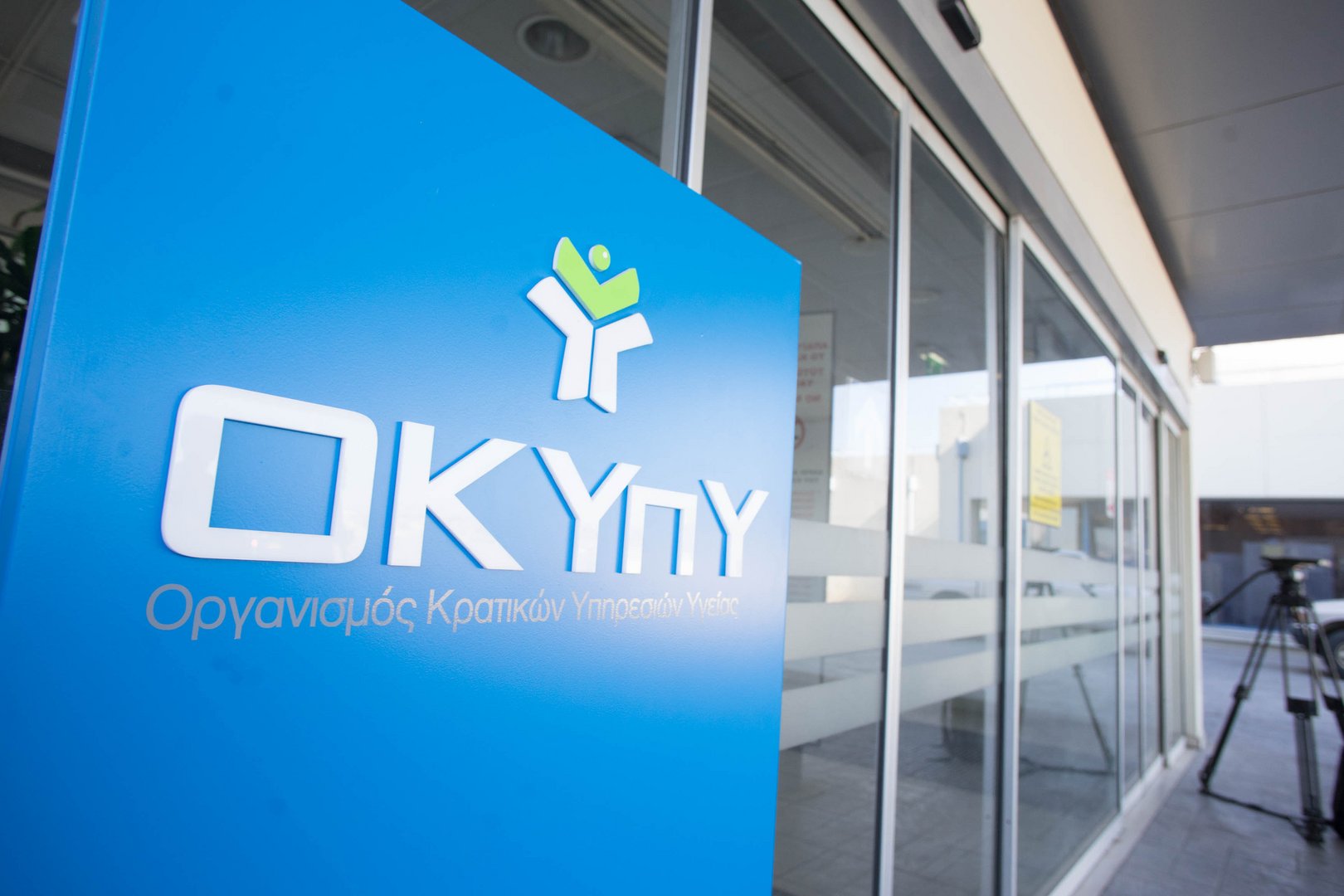Executives of the organisation running the national health scheme (Gesy) insisted the system is fundamentally robust despite incidents of wastage and abuse.
They were speaking at the House health committee, where MPs scrutinised the 2021 budgets for both the Health Insurance Organisation (HIO) – the public entity tasked with managing Gesy – and the state health services organisation (Okypy).
The HIO’s balance sheet comes to €1.276 billion in expenditures and €1.278 billion in projected revenues.
It is the first HIO budget since Gesy went fully operational with inpatient care.
HIO head Thomas Antoniou said Gesy has held its own amid the coronavirus pandemic, a major challenge both in terms of healthcare provision and financial resources.
At the present time, he added, the HIO faces far fewer problems than anticipated, although much work needs to be done.
Citing some statistics, Antoniou said that currently enrolled with the national health scheme are 1,745 specialists, 541 GPs, 196 paediatricians, 543 pharmacies, 147 clinical laboratories and 54 healthcare facilities across the public and private sectors.
The number of Gesy beneficiaries comes to 853,000. To date 90 per cent of beneficiaries have visited their GP at least once, and 70 per cent saw a specialist at least once.
Seventy per cent have procured medicines via Gesy, while 60 per cent have had a lab analysis through the system.
According to Antoniou, some 1,600 prescription drugs are available through Gesy.
For his part director of Okypy Marios Panagides said of his organization that – and contrary to reports that public hospitals are on the verge of financial collapse – it is in no danger of collapse.
He later told reporters that Okypy does not share the opinion of some who say that the organisation will be put up for sale.
“Nevertheless, that doesn’t mean we are complacent.”
Okypy’s budget provides for €504.1 million in expected revenues – of which €120 million from state grants – and expenditures of €552.8 million.
According to Okypy’s mission statement on its website, it aspires to “become an autonomized, effective and integrated public health care provider leading the way in efficiently serving the (full) spectrum of the population’s health care needs…”







Click here to change your cookie preferences